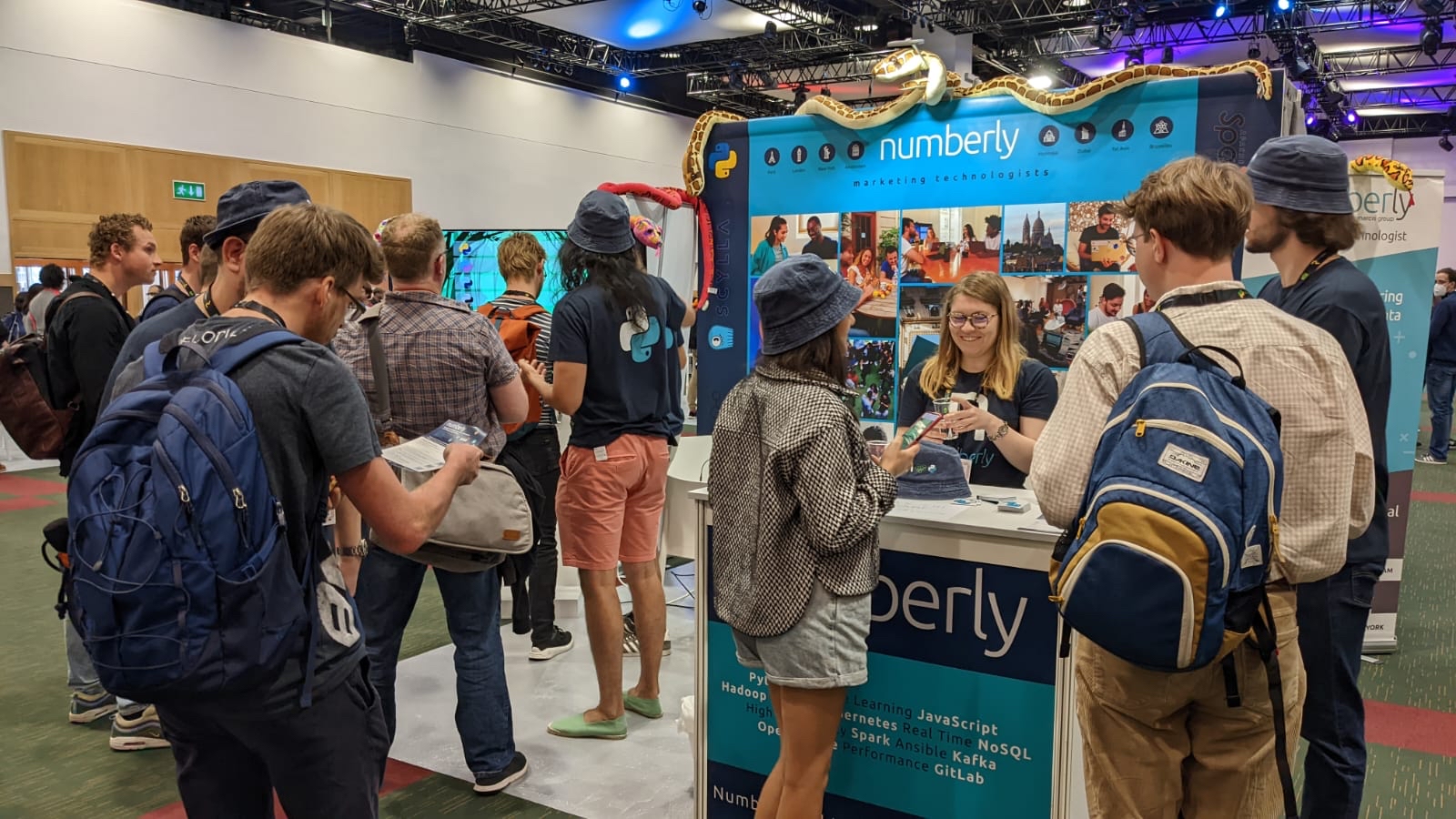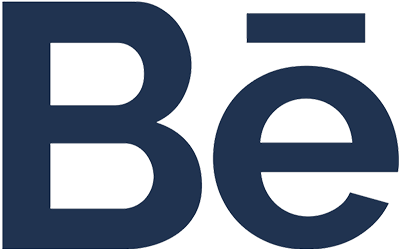Since its creation twenty years ago, EuroPython has become a must-attend event, as much for professionals in the field as for the curious who wish to learn more about the computer language that is Python.
EuroPython 2022, we were there!
Key takeaways of this edition

EuroPython makes it a point of honor to be accessible to anyone interested in the world of programming, whether they are beginners or experienced, by offering training workshops, tutorials and also conferences on various and exciting topics.
It is thus possible to attend conferences dealing with specialized subjects but also others mixing the technical and social aspect of code. We had for example :
- Conferences on tools available to developers:
– “Choosing the right database for your next project – Looking at options beyond PostgreSQL and MySQL” (Marc-Andre Lemburg): as its name suggests, the program of this talk was to expose the different existing databases in order to bring out their common points and differences, but above all to show the uses to which each of them can respond.
– “Jupyter – Under the Hood” (Dhanshree Arora) and “Creating great user interfaces on Jupyter Notebooks with ipywidgets” (Deborah Mesquita) exposing the capabilities of Jupyter widgets in order to make it as easy to use as possible and to be able to exploit all the resources of this interface. - Conferences, called “social”, dealing with more distant themes but always linked to the computer world
– The “Educational panel”: four speakers (Dr Keith Quille, Kelly Schuster-Paredes, Chris Reina and Sarah-Jayne Carey) sharing their individual but sometimes similar experiences concerning their approach to computer education from a very young age. Questions are then raised about the future of this education, its role for future generations and the tools available to adapt the pedagogy to all ages.
– “Music and Code”: if you are wondering what music and code have in common, look no further and trust Nicholas H. Tollervey to highlight the similarities and contrasts between music and computer code (can music be taught like computer science? Is coding an art form? Is music a science?) and make you think while enjoying his unfailing mastery of the piano.
A word from Thomas Dos Santos, Software - Backend
As a python user for more than a year, I was really curious to see what EuroPython would bring me. The return to the real life event format allowed to propose activities, talks and animations on current topics, tools and solutions for all python lovers!
The conference started with a great keynote on the brand new NASA space telescope, it allows us to learn that the James Webb Space Telescope embeds python in its system to control its tools! After a dive in the space, we come back on earth, in Dublin, for the continuation of the event. We jump from conference to conference, they touch all the levels, categorised easily on the planning to choose the adapted conferences. We can see presentations on the good practices of our APIs, animations on django with the Django Girls’ lunch, or the internal workings of python thanks to the Ask Me Anything sessions with the contributors of the language.
In between these conferences, we wander around the forum to meet the whole community, discussing so many ways to see Python. At the Numberly booth, we discuss data, software, APIs… People come to meet us to learn how Numberly uses Python, they come to ask us questions, exchange on our practices, give their opinions and share their experiences. At the booth, we’ve created a little game, in Python, that allows participants to get together and challenge each other to a Snakes and Rainbow with language challenges. Today’s winner will leave with a huge stuffed python!
This conference has kept all its promises for me, a backend developer who was doing his first EuroPython event. I can’t wait to see the new surprises of the next editions, to see the regulars, the contributors, the speakers and all the python lovers. A big thank you to all the organising team, to the caterers, to the security, to the cleaning team, and to all the participants for all these moments to exchange and the good general atmosphere.
A word from Sebastien Crocquevieille, Data Engineer
It was a breath of fresh air to attend EuroPython 2022 (in physical form) after two years of virtual conferences. The interactions with the community, the sharing after attending a talk, the meetings with important contributors of the language, are elements that are more difficult to emulate during remote events.
In particular, I had the opportunity to talk with Radomir Dopieralski, the creator of the famous Pewpew
As a Data Engineer, I particularly appreciated the talks on the theme of storage and processing of big data.
Here are my top 3 talks of the EuroPython 2022:
- Marlene Mhangami: “Elephants, ibises and a more Pythonic way to work with databases”
An introduction to the IBIS framework which provides a python package for querying several types of databases and other data processing frameworks (Spark, Impala, Pandas, etc) in the same way. Originally developed for analytics, this library is not yet perfected in terms of insertions or data processing. - Mauro Pelucchi: “Data Warehouses Meet Data Lakes”
A clarification of the concepts of Data Warehouse and Data Lake. The talk compares these two concepts and the ways they are useful in today’s world. He then launches into a description of the architecture of his work environment and a comparative study of Delta Lake VS Apache Hudi technologies as well as the usefulness of Apache Iceberg. - Emmanuel Leblond: “Online voting system used for primary elections for the French Presidential, must be secure right ?”
An alarm bell with a very French humor for a French problem, but not only! The talk puts the spotlight on the online voting systems that were used for the Ecologie, Les Républicains and Primaire Populaire primaries, as well as the company Neovote from which the technical solutions used were derived. The security flaws of the latter, the amateurism that lurks in it and the impossibility of having the proper conduct of the vote verified by a third party, subjects that put us, as a society, in a situation of extreme dependence on a private company.
Honorable mentions:
- Alessandro Molina: PyArrow and the future of data analytics
- Paulina Winkowska: The intricate art of making your (internal) clients happy – the story from a Python-centered Infra team

